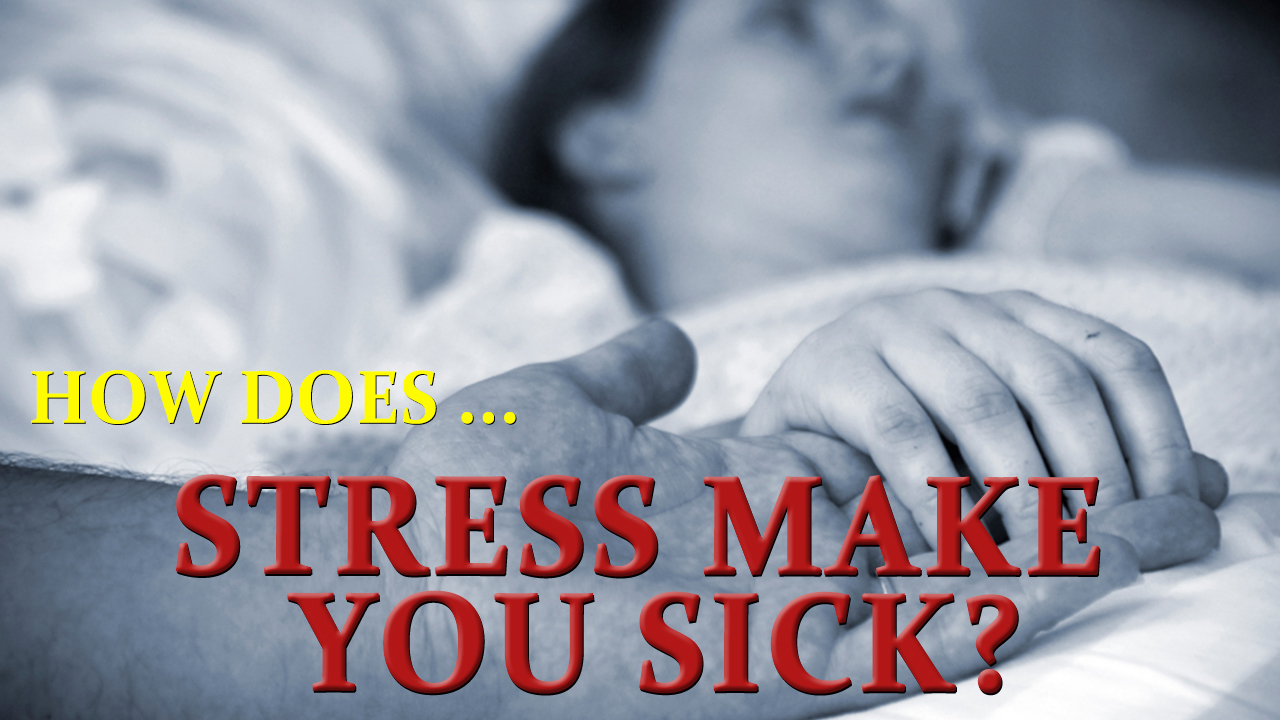

That's because the brain and the gastrointestinal (GI) system are intimately connected. Therefore, a person's stomach or intestinal distress can be the cause or the product of anxiety, stress, or depression. A troubled intestine can send signals to the brain, just as a troubled brain can send signals to the gut. For example, the very thought of eating can release the stomach's juices before food gets there.
:max_bytes(150000):strip_icc()/maybe-its-not-depression-2330495_final-6ca813926d564fcebd4becf475ba831e.png)
The brain has a direct effect on the stomach and intestines. Anger, anxiety, sadness, elation - all of these feelings (and others) can trigger symptoms in the gut. The gastrointestinal tract is sensitive to emotion. Have you ever had a "gut-wrenching" experience? Do certain situations make you "feel nauseous"? Have you ever felt "butterflies" in your stomach? We use these expressions for a reason. The gut-brain connection is no joke it can link anxiety to stomach problems and vice versa. Together, we can figure out supportive ways to address your worries and lower stress and the effects of stress on health.Pay attention to your gut-brain connection – it may contribute to your anxiety and digestion problems Contact us at 51 to make an appointment with a primary care doctor or specialist. Help for relieving stress is just a call away. If you’ve been going through periods of stress and seem to be catching colds or the flu more often than you typically do, this is a sure a sign that it’s time to slow down, learn stress-management techniques and relax so your body can heal.

The most straightforward way to tell if your stress is making you sick is if you frequently fall ill. When your systems tire out from being on guard, this can make your mind and muscles feel exhausted. Your brain and the rest of your body physically respond to stress. Stress and its accompanying anxiety create a recipe for tossing and turning at night, and this can lead to feelings of fatigue throughout the day - not just when you’re finally waking up in the morning. At night, stress-induced teeth grinding can wear down your tooth enamel and even create fractures. The clenched muscles that accompany psychological stress might make you tighten your jaw without even realizing it. Your nervous, stressed energy also has the potential to cause changes in your teeth. These hormones can change the way your body processes food and uses nutrients, which might result in nausea, vomiting, stomach cramps or diarrhea. Having excess cortisol and other stress hormones coursing around your body isn’t great for digestion, either. But when you experience chronic high blood pressure in response to stress, this can damage your arteries and heart. This isn’t too harmful when it happens during rare, shorter periods. When this happens, your blood pressure jumps. Your Blood Pressure Is HighĮven if your blood pressure is typically a solid 120/80, stress can cause your sympathetic nervous system to jump into overdrive to help your body respond to a perceived threat (yep, the stress).
Does stress make you nauseous skin#
This hormone can cause your skin to ramp up its oil production and cell turnover, which leads to clogged pores. When you’re stressed, your body produces a hormone called cortisol. If your skin has been clear since your teenage years but you’re now finding it inflamed or broken out, this reaction could be due to short- or long-term stress. When you’re stressed, it’s normal for your muscles to tighten up, especially if you’re feeling extra anxious or worried on top of it. One of the most prevalent is a tension-type headache that doesn’t seem to quit. Learning how stress affects your health starts with recognizing some of the common symptoms. Here are some signs that stress may be impacting your health more than you initially thought. But stress doesn’t just cause negative feelings the effects of stress on health and your body and well-being are numerous. Do you have a headache that never seems to fade or muscles that feel like they’re in a constant state of fatigue? Even if you don’t have these symptoms, it’s likely that you’re somewhat familiar with chronic stress, acute stress or both, which arise when we’re faced with a situation that makes us worry.


 0 kommentar(er)
0 kommentar(er)
